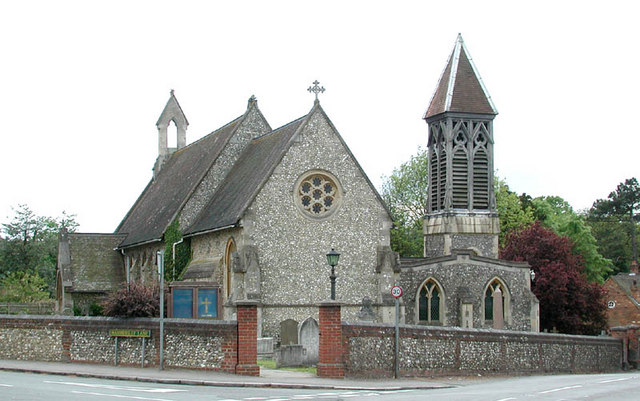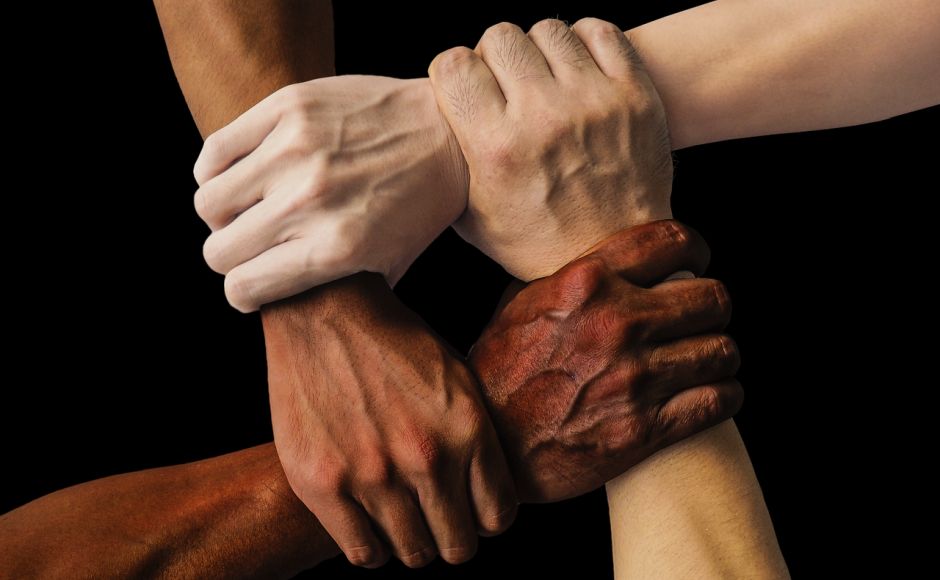
Dear Professor Jay,
No doubt you will have received many representations from different people who are concerned about the safeguarding crisis in the Church of England. You will have heard from survivors and victims as well as safeguarding professionals at various levels. Some will have experience from outside the Church, while others will have observed the safeguarding system from within the institution. The Church, or more precisely the Archbishops’ Council and the Lead Bishop, have chosen you to look at the confusion that at present exists in the system and try to make some sense of the tangled threads of safeguarding. Clearly you face a herculean task. You also realise that whatever recommendations you make will not satisfy everyone.
I am writing to you neither as a survivor nor as an expert. My only claim for having something useful to say is that I have been reflecting on the problem of institutional power in the Church for some thirty years. Before that I was, as a child, a direct witness to the power politics being played out in the precincts at Canterbury Cathedral in the 1950s. Churches and parishes, in my experience, have always been somewhat dangerous places. Sexual violence is only one of the potential hazards that lurks within the institution of the Church. Far more common are simple everyday power games that can cause so much misery and unhappiness to those who are the targets. They suffer because of individuals whose personalities make them natural bullies and control freaks. Such personalities are, sadly, frequently encountered in the Church.
My blog Surviving Church has, for almost ten years, been reflecting on this issue of inappropriate use of power in the Church. The comments of those who read these reflections have enriched what I have had to offer based on my experience and reading over several decades. What follows in this open letter is not offered as advice or suggestions. It is, rather, a series of observations on your difficult task. These are rooted in my considerable experience of living within and working for the Church of England. Like you I have listened to the group we refer to as survivors. We both know how the personalities of vulnerable people subject to bullying or violent acts are damaged, sometimes very seriously. For some in this group the damage is permanent and they are true victims, worthy of our deepest compassion and our tears.
The context of your appointment is the dissolution of the Independent Safeguarding Board, a church initiative which existed for only a couple of years. It does not take an expert to recognise that the sinews of support that have been created at a personal level between survivors and members of the Board are precious as well as delicate. The task of bringing appropriate healing to individuals who suffer from trauma is different for every case. There appears to be ample evidence that Jasvinder and Steve have been contributing to the slow building up of personal trust between some survivors and potential sources of help. Survivors were beginning to feel that the Church that had often let them down was maybe allowing (and paying for) a process that might eventually allow them stand on their own feet.
Disbanding the ISB in such a sudden and brutal way has been an act of violence with, potentially, terrifying consequences. The two images that come to mind are both medical in flavour. The first one is a plaster covering a large unhealed wound. For some reason the doctor in charge decides to rip off the plaster early. This interrupts the healing process and makes the wound liable to become re-infected. The second image is an intensive care ward in a hospital. Here are several patients wired up to machines which keep them alive. Closing the ISB was, for the survivors who were engaged with the Board, like having a plaster ripped off or having the electricity supplying life-support machines turned off suddenly and without notice. One particular ‘patient’, Mr X, for whom the ISB had commissioned a report, is in imminent danger of financial ruin. The Report, known as the Spindler Review https://houseofsurvivors.org/2023/03/28/isb-spindler-review/ recommended immediate practical support to protect him from financial disaster, especially as a financial institution is set to call in debt on Friday 28th July. His situation and the account of institutional harm caused to him have been known for a long time. There is no excuse for this lapse of justice and failure in the restitution process. It reveals a devastating institutional inertia on the part of the church authorities.
Mr X is one individual who is seeing that the hoped for institutional support is being swept away like a child’s sandcastle on a beach. Many others, who had begun to feel bonds of trust being created by the two active members of the now dissolved ISB, had dared to hope. Hope for something better after the experiences of devastating abuse at the hands of institutions or individuals involved with the Church is something fragile and precious. It is this collapse of hope that represents the true cost to the abused in the Church of England. Few if any of the victims/survivors would put cash at the top of their list of needs in the aftermath of their original abuse event. It is the regaining of a sense of justice, the removal of deep shame and trauma that the survivors seek. The sudden closing down of one avenue to receive these things has the potential to traumatise and set back the welfare of hundreds, even thousands, of survivors.
Much of what has happened in the Church over recent decades has led to a serious state of anxiety in many survivors. It is best summed up in the single word trauma. As someone who has attempted, in a very small way, to respond to the trauma of the survivors who contact me, I recognise how the care of even one traumatised individual can be a demanding undertaking. One problem that has bedevilled the work of advocates, therapists and those who, like me, offer friendship to those who have met abuse, is that these survivors do not normally find in those who have authority in the church any trauma-informed response to their plight. In other words, the response is seldom ‘how are you’ but rather a display of body language which is both defensive and embarrassed. The preservation and protection of the church institution seems to be at the top of the agenda. No doubt this stance is encouraged by lawyers and public relations experts who regard it as their task to protect the institution at all costs.
As an outsider in your relations with the Church of England, Professor Jay, you have one enormous advantage. You are in a position to look carefully at what seems to be going wrong in the church’s safeguarding efforts without having the burdens of any institutional loyalty. The wounded and traumatised army of survivors want you to help them to find truth, integrity and justice for their situation. They have been let down, not only by the evil behaviour of individuals, but by widespread institutional failings. With your help, they hope to see robust recommendations which will bring light and healing to dark places. Sorting out safeguarding will commit the Church of England to enormous costs. These costs are not just about finance. They are also about getting used to a better way of doing things and creating new structures that will promote integrity and justice for the future.
A final word. One crucial failing in the Church that we, the observers and the critics of the institution, have noticed is the way power operates within its structures. We hope you will come to your own conclusions on this vital issue and address it in your recommendations. Many of us want to see damaging power networks challenged, so that the forces of transparency and democracy can flourish better. You have an important contribution to make to the restoration of the Church’s weakened integrity. Maybe also the long process of repairing the Church’s damaged reputation in the eyes of the nation by radical self-examination is something your words can promote and encourage. We sincerely hope that what you produce in your report will help our flawed, even failing, national Church. Somehow, we all want it to return to its essential and urgent task of proclaiming the work of God and serving the nation.
Stephen Parsons, Greystoke, Cumbria.



